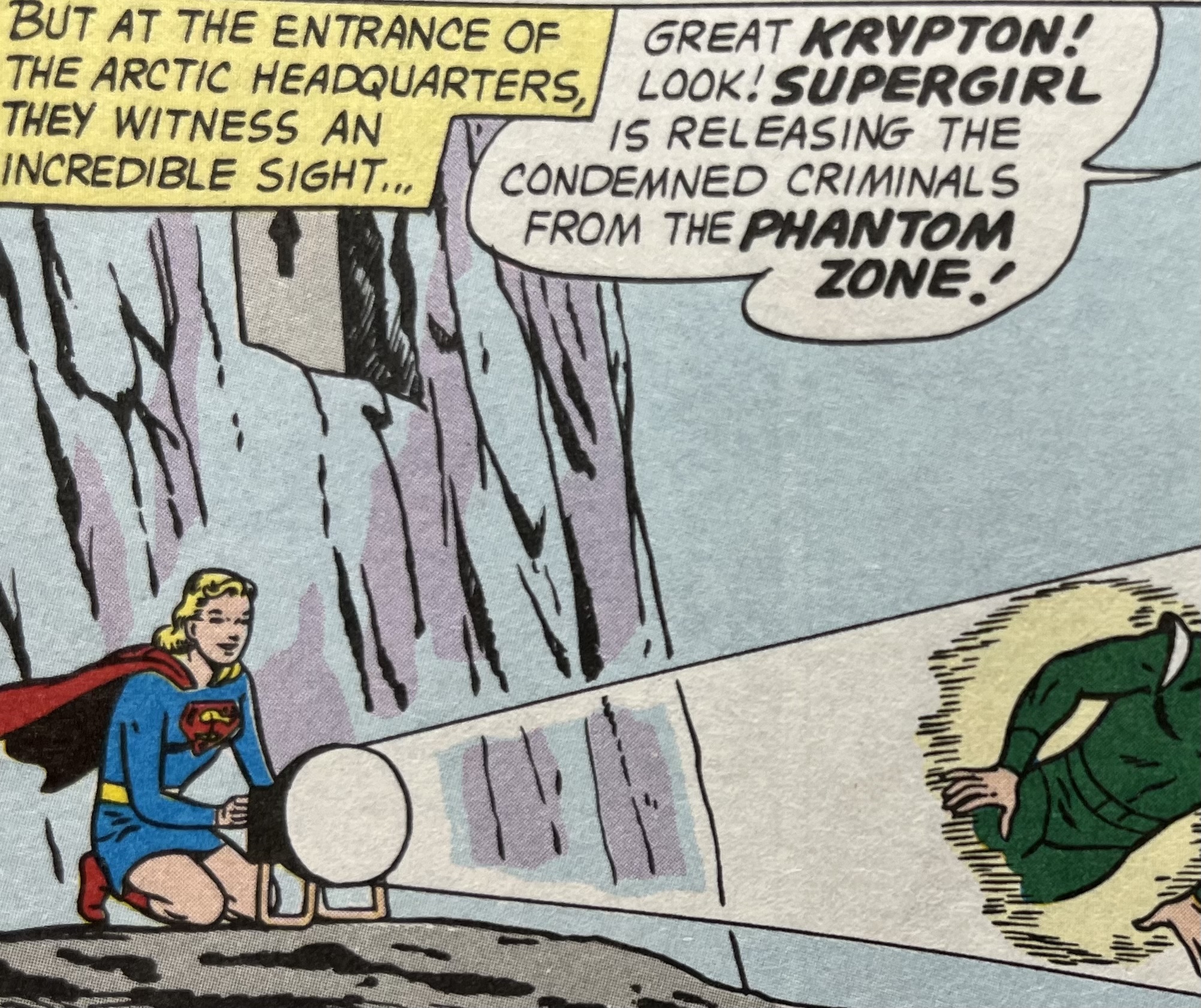
This has been a pivotal week for the gaming industry, as a series of high-profile events are reshaping the landscape through regulatory demands, financial pressure, and heated debate over content moderation.
Yesterday, horror game “Mouthwashing” was removed from a digital storefront because Visa withdrew payment processing following pressure from advocacy group Collective Shout. Similar cancel campaigns have impacted other titles, including the award-winning “Consume Me,” which was deindexed from Itch.io after the platform adopted stricter moderation policies. Itch.io’s founder linked these sudden changes to campaigns targeting payment processors like Visa and Mastercard. The campaigns are not just impacting explicit games.
“Consume Me” and “Mouthwashing” probably caught Collective Shout’s attention because both games deal with mature or adult themes that challenge common social ideas. “Consume Me” isn’t outright pornographic, but it tells a coming-of-age story that includes LGBTQ+ topics. Because of that, some people misunderstand it or use it as a target when they’re trying to fight against anything they see as inappropriate. “Mouthwashing” is a horror game with dark themes, and that likely made it an easy target for Collective Shout’s campaign against what they view as harmful content.

Collective Shout is putting pressure on payment processors to stop handling transactions for platforms that host these types of games. They say they want to protect “vulnerable groups,” but many critics feel their tactics actually limit freedom of expression, especially for game creators and players. By cutting off financial support, they’re able to control what gets to stay online without going through normal content review or public debate.
This kind of pressure has upset a lot of people because it can affect games that aren’t illegal or clearly harmful, like “Consume Me.” Gamers and developers worry that Collective Shout’s actions could make it harder for some diverse stories to be told in games. Their campaigns often lead to stricter platform rules and game removals, which can feel like too much control and might chill creativity.
As this is happening, Steam, the largest PC gaming platform, has started to remove some adult games. Collective Shout took credit, pointing to its open letter sent to several major payment companies. The group, which opposes adult content, is working with partners to pressure platforms that host games they deem objectionable. This coordinated effort has affected both large and independent developers.
Developers and gaming communities have voiced strong criticism of these efforts. Several have argued that financial companies now act as gatekeepers, deciding which games can exist, instead of allowing stores, creators, or consumers to make those choices. Online, many users have begun pushing for decentralized storefronts, hoping to escape the influence of major payment processors and advocacy groups. Some fear content with sexuality themes or works that address sensitive topics may be increasingly vulnerable to such campaigns.

This climate of uncertainty arrives alongside other major news. Microsoft has announced a new age verification system for Xbox in the UK, expected to become mandatory for social features in early 2026. This follows the passage and enforcement of the UK Online Safety Act, which compels digital platforms to increase oversight. Microsoft has also signaled it may bring similar age checks to other countries, matching a wider trend as new European rules come into force.
The core problem here is that Visa and Mastercard dominate financial world, handling more than 90% of global transactions outside China. They have so much control that if they decide to pull payment services—sometimes because of pressure from small, vocal groups like Collective Shout—it can shut down access to entire platforms overnight, almost like switching off a public utility. That much power in the hands of just a couple of companies means a few outside voices can decide what is allowed online, raising a lot of concerns about free speech, and who makes the rules about it.

To add to the gaming community’s Sturm und Drang, rumors have surfaced that Gabe Newell, founder of Valve Corporation, could be considering selling part or all of Steam. Though not confirmed, this comes just as Steam faces mounting pressure from these same content moderation and regulatory disputes. Industry experts believe that such a sale could attract interest from major tech companies, given Steam’s dominant market share and the growing challenges facing independent platforms.
All these developments suggest the industry is at a turning point, with cultural debates, economic power, and government regulation converging to challenge the way games are made, sold, and played. The fallout could set the stage for the rise of new, decentralized storefronts, further legal challenges, or shifts in how companies approach free expression in gaming. The coming days will likely bring more updates, especially as gaming companies and online communities respond to these fast-moving changes.
***



















 English (US) ·
English (US) ·